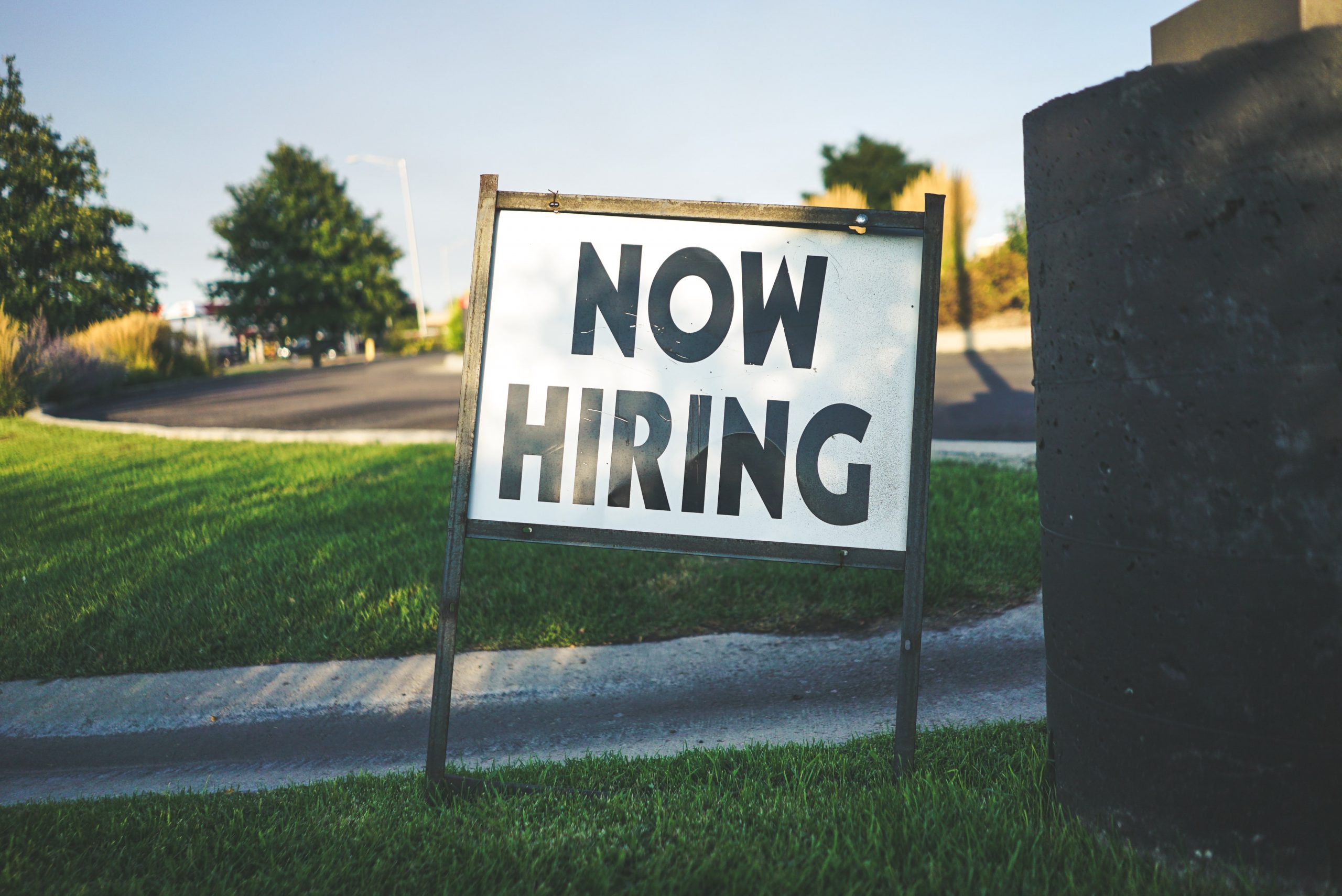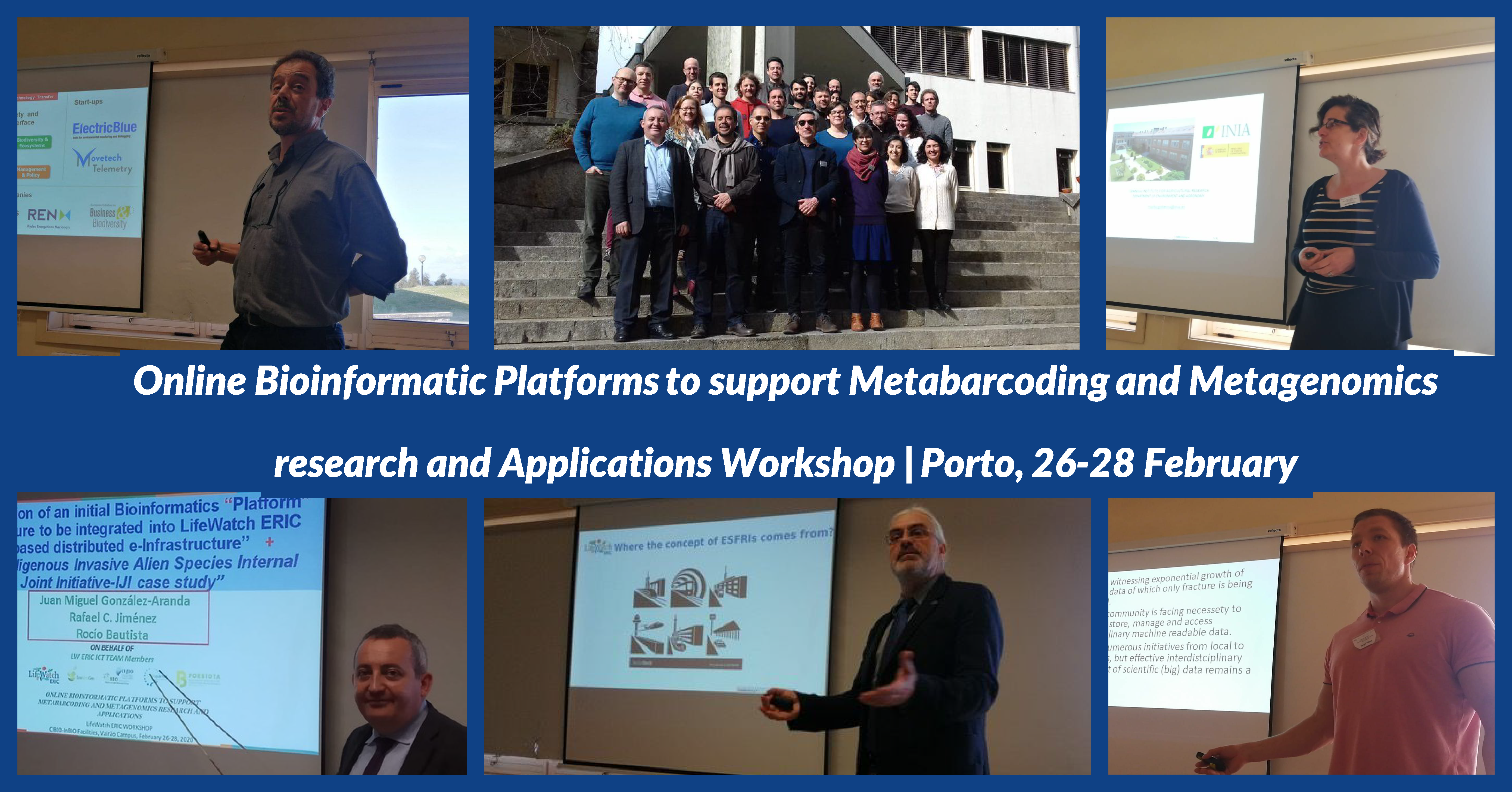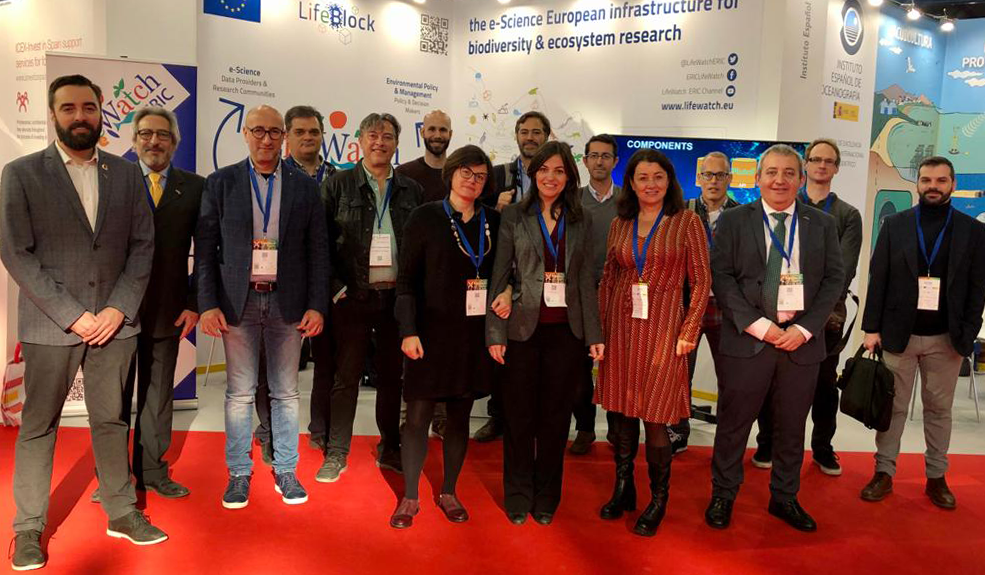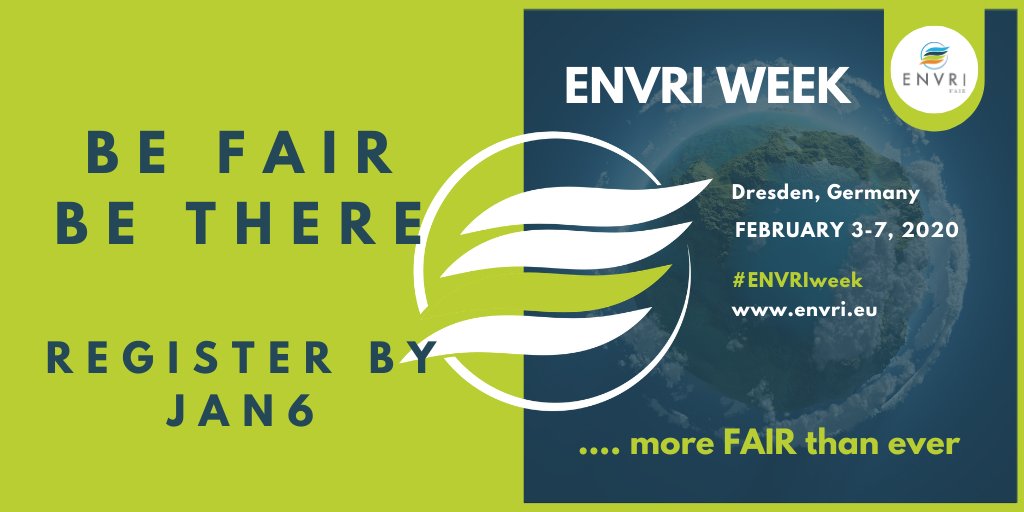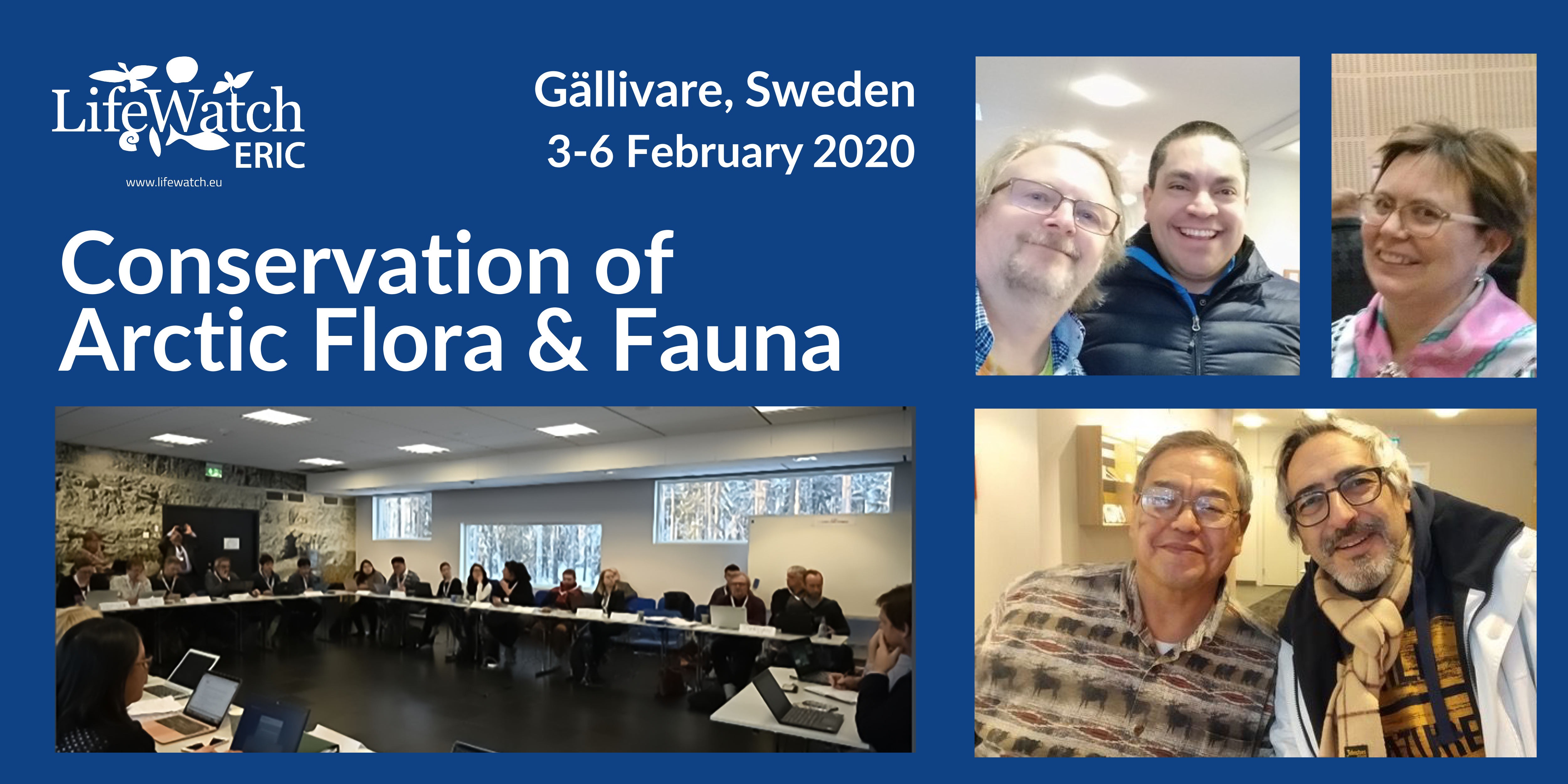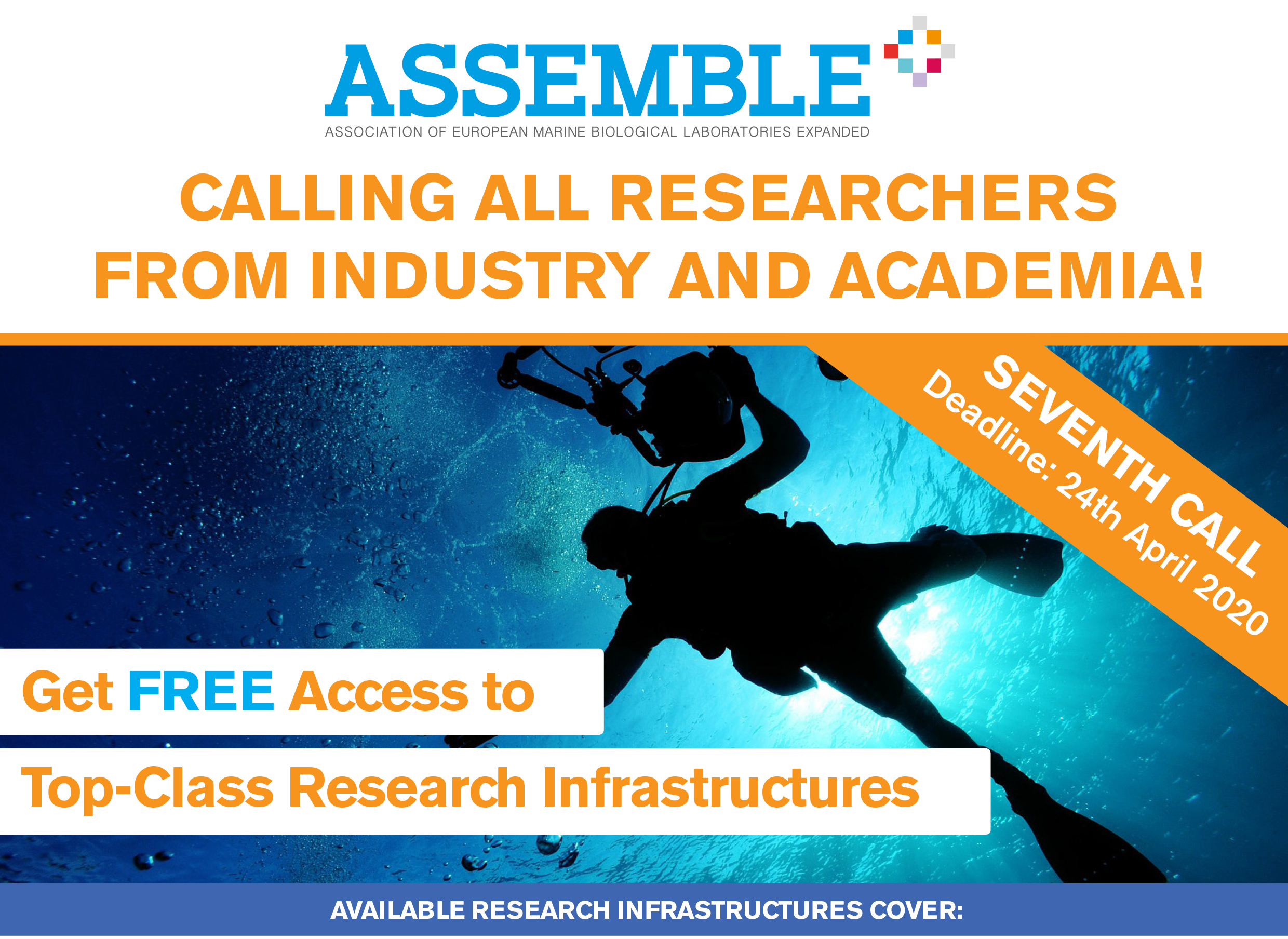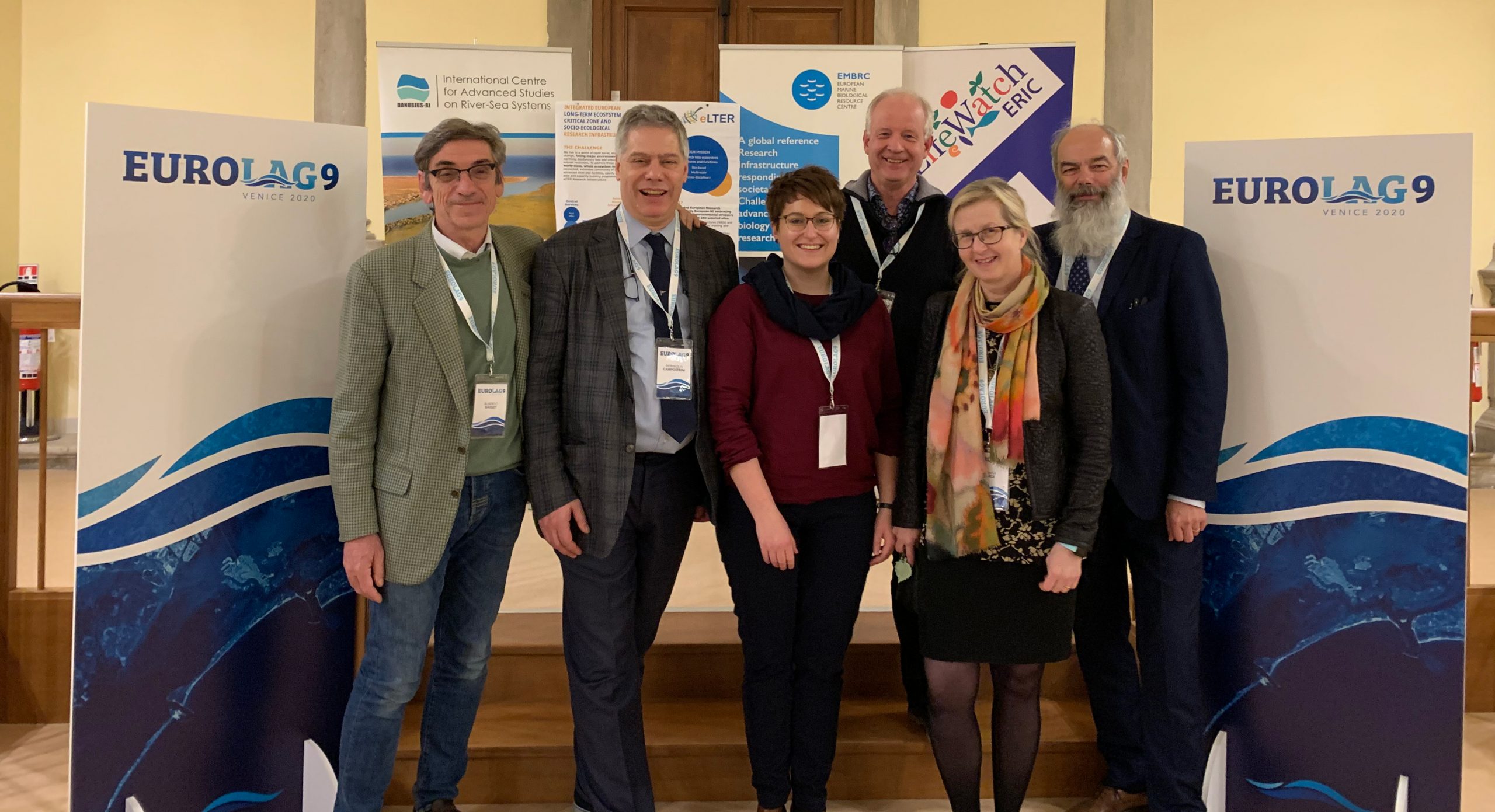The European Training Network RIBES “River flow regulation, fish BEhaviour and Status”, funded by the European Commission under the EU Horizon 2020 programme Marie Skłodowska-Curie Actions Innovative Training Network (Grant no. 860800), announces 15 positions for Early Stage Researchers (ESRs) giving the opportunity of being awarded a Doctoral Degree, with innovative complementary training activities and attractive travel, laboratory and research opportunities.
RIBES ESRs will be trained by international leaders in the interdisciplinary field of Ecohydraulics to find innovative solutions for freshwater fish protection and river continuity restoration in anthropogenically altered rivers within a European consortium of universities, research institutions and companies in Italy, Sweden, Germany, UK, Estonia and Belgium in an excellent scientific environment with state-of-the-art technologies.
The 15 ESRs will have access to a number of laboratory and field facilities, modelling techniques, experimental practices and instrumental technologies, to expand current understanding of fish bio-mechanical, behavioural and physiological processes, and to promote development of novel tools and management solutions in the area of freshwater fish protection, ameliorating passage of migratory fish species in regulated rivers.
Deadline: May 31st, 2020
Full details are available here:
https://www.msca-ribes.eu/recruitment
Euraxess call: https://euraxess.ec.europa.eu/jobs/510615
For further info contact Prof. Claudio Comoglio at:
coordinator@msca-ribes.eu
